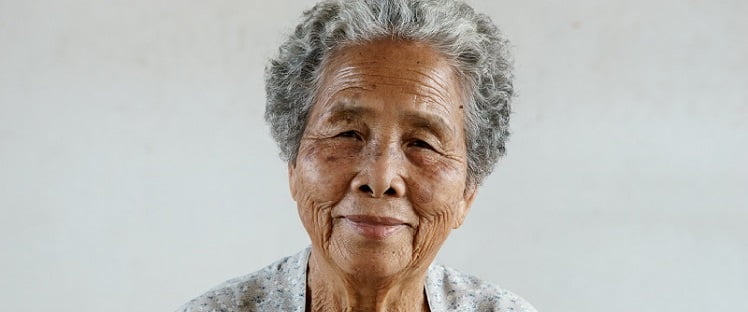Prevention and rehabilitation are key to value-based elderly care: “the elderly are not as healthy in old age as expected”. The new BDO report, published in June 2018, puts the light on “the inappropriate response of the health care system to an ageing population”.
A new BDO report, ‘New Perspectives on Elderly Care’ brings to light a substantially greater ‘unhealthy life years’ figure than commonly accepted. Among the 10 countries included in BDO’s new report, the years an elderly person could spend in poor health can be as high as 12 (in the case of Germany). The finding goes contrary to the generally agreed belief that retirement is all ‘golden years’. In ‘New Perspectives on Elderly Care’, BDO provides strategies and avenues for both public sector and private organisations to increase the number of healthy life years through better investment, notably through a new concept, value-based elderly care.
Value-based elderly care
As life expectancy continues to increase, the cost of providing elderly care has seen a relentless upward trend. BDO notes however that the countries with the healthiest ageing populations support alternatives to the traditional methods of elderly care, engaging in community-based initiatives and investing more smartly in preventing and rehabilitating after illnesses. The move from volume (fee-for-service) to value (value-based payment) and the importance of outcomes will have a profound impact on health systems. Value creation for the patient-client takes centre stage in all of this.
Another avenue is to develop more attractive and more secure roles for multi-disciplinary professionals working collaboratively in providing more efficient care. BDO notes how technology can help mitigate the scarcity of professionals to take care of ageing people. Initiatives such as centrally-hosted and integrated care records can partially overcome this scarcity through improved information sharing and better investment of human resources and logistics. Examples are telecare and telehealth, which will allow people to stay at home for longer and return home quicker after hospital dismissal. Artificial intelligence could further provide robot assistants to cope with workforce challenges.
Read also: 2018 Ageing Report: Europe’s population is getting older

Changes in reimbursement will bring about new business models for elderly care
Concluding, BDO emphasises that new business models and new types of investment will be needed for value-based elderly care, and that these will allow to focus efforts on prevention and rehabilitation as well as boost innovation. This goes hand in hand with substantial social investments which inevitably raise questions regarding the origin and size of the investments and the intended results, warns BDO.
Reflecting on this period of transition in health and elderly care, BDO’s Center for Healthcare Excellence & Innovation and the Global Public Sector team are looking towards the future to help governments, public and private organisations anticipate and plan for the challenges and opportunities ahead.
Published by the Editorial Staff on
